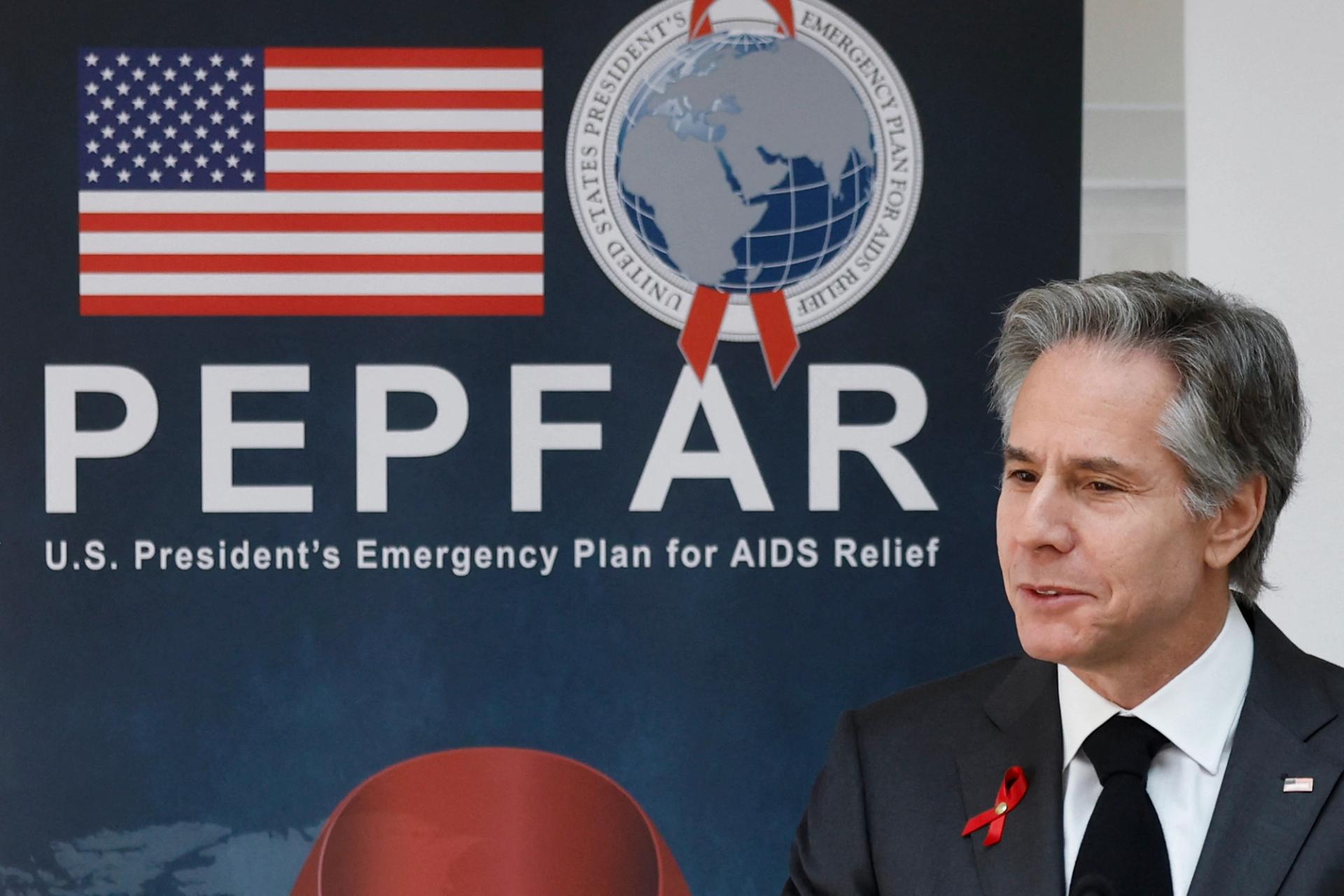The Scoop
Congress has agreed to extend a widely hailed program to counter HIV and AIDS worldwide that was imperiled due to GOP concerns that it was indirectly subsidizing abortions, according to multiple sources.
The President’s Emergency Plan for Aid Relief — otherwise known as PEPFAR — has been credited with saving tens of millions of lives and mitigating the global HIV epidemic since it was first established under the Bush administration in 2003. But it drew intense scrutiny recently from conservatives seeking to prevent federal dollars flowing to partner organizations that provide abortion services. PEPFAR officials and public health experts say the claims are unfounded.
The program has undergone three separate five-year reauthorizations, the last one being in 2018. This time around, PEPFAR’s lifespan will be extended by only a year, setting up another reauthorization fight in early 2025. The deal, part of the broader budget agreement Congress needs to finalize this week in order to avoid a government shutdown, was confirmed to Semafor by two outside advocates, a lawmaker, and another source familiar with the decision.
“Unfortunately, the political climate has prevented this from being the bipartisan issue that it normally is. So one year may be the best that they can get,” Max Rose, a former congressman who has lobbied Congress on the issue as a senior advisor at African Mission Health, told Semafor. “The fact that they are still striving for a one-year reauthorization shows that they are not willing to give up on this program.”
Know More
PEPFAR has historically enjoyed broad bipartisan support in Congress under Republican and Democratic presidents alike. In 2023, it received $7 billion in funding, reflecting the enormous scope of a program that operates in over 50 countries and has been particularly instrumental in containing HIV and AIDS in sub-Saharan Africa.
Last summer, when the program appeared in danger, Reps. Abigail Spanberger, D-Va. and Mike Lawler, R-N.Y., led 75 members in a letter to Secretary of State Antony Blinken and Global AIDS coordinator John Nkengasong to reaffirm their support for PEPFAR. Former President George W. Bush made the case to save the program in an opinion piece in the Washington Post last fall, warning that the US risked backpedaling on “two decades of unimaginable progress and raise further questions about the worth of America’s word.”
But conservatives zeroed in on the program and pushed to add new abortion-related restrictions. Heritage Foundation was first to call for changes in a sweeping report that called HIV and AIDS “a lifestyle disease.”
Republican Rep. Chris Smith, who chairs a subcommittee on global health, global human rights, and international organizations under the House Foreign Affairs Committee, accused the Biden administration of “hijacking” PEPFAR to “promote abortion on demand,” by working with public health groups that also offer abortions as part of their broader mission. He called on his colleagues to re-examine reauthorizing the program until those non-government groups were cut off.
PEPFAR’s defenders and many experts say there’s no evidence that any money from the initiative has been used to directly fund abortion, in keeping with the government’s longstanding policy barring US foreign aid from being used to expand abortion access.
Advocates are cautiously optimistic that at least for the short-term, the one-year extension of the program removes uncertainty in charting out the expansion of preventive medical care.
“It may not meet all the needs that we see when it comes to reauthorization,” Catherine Connor, the vice president of Public Policy and Advocacy at Elizabeth Glaser Pediatric Aids Foundation told Semafor. “I think it does sort of reset the clock and allow good faith discussions about the future of PEPFAR to restart.”
